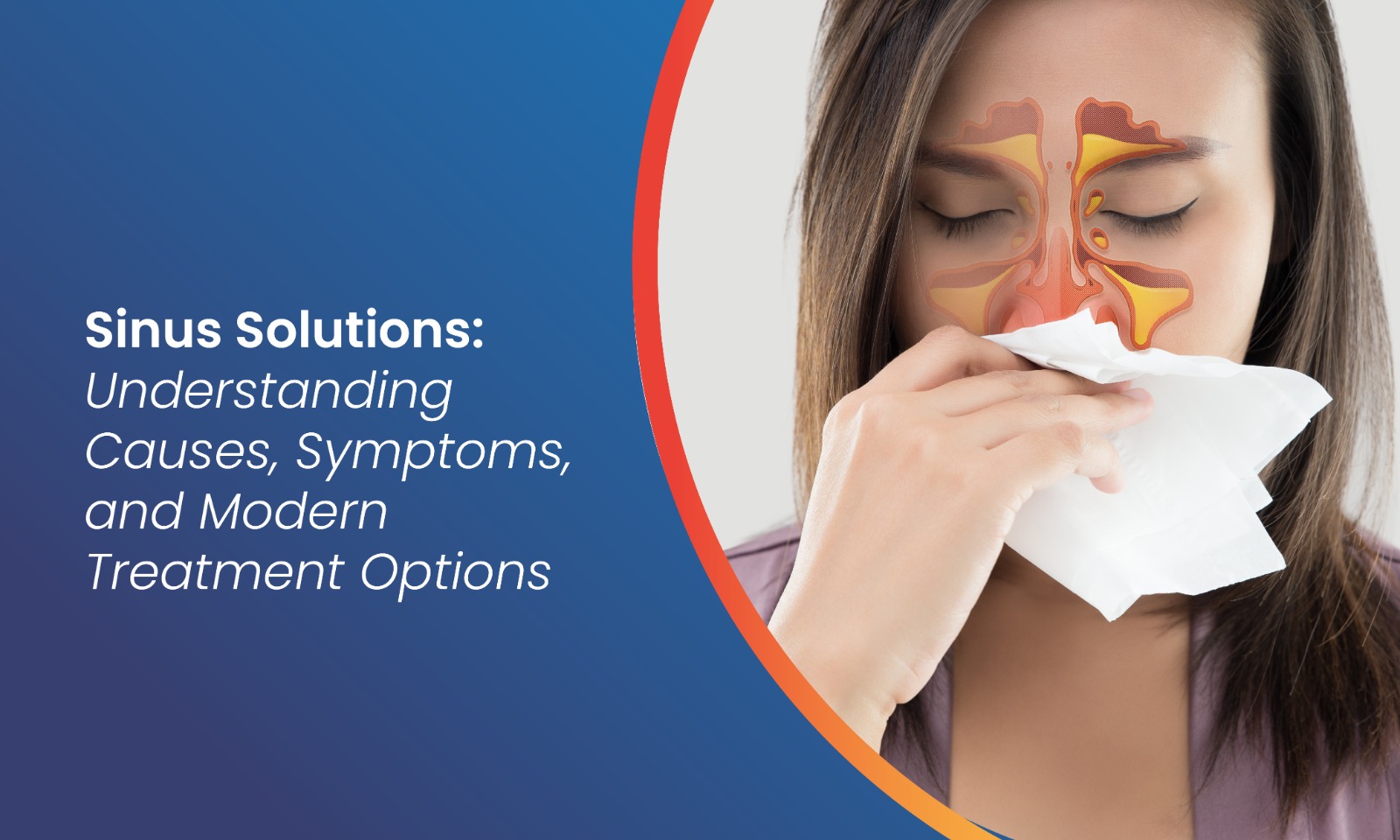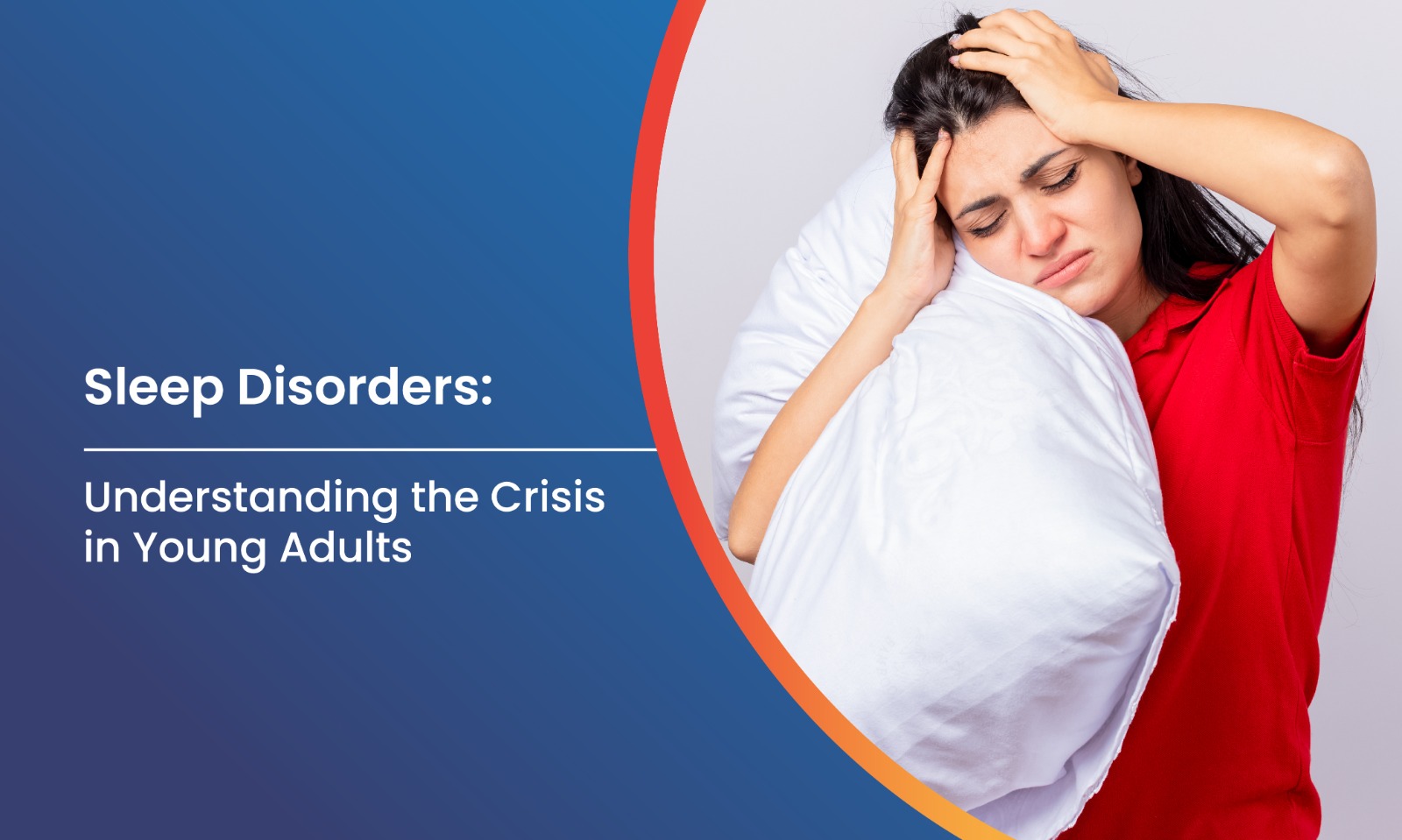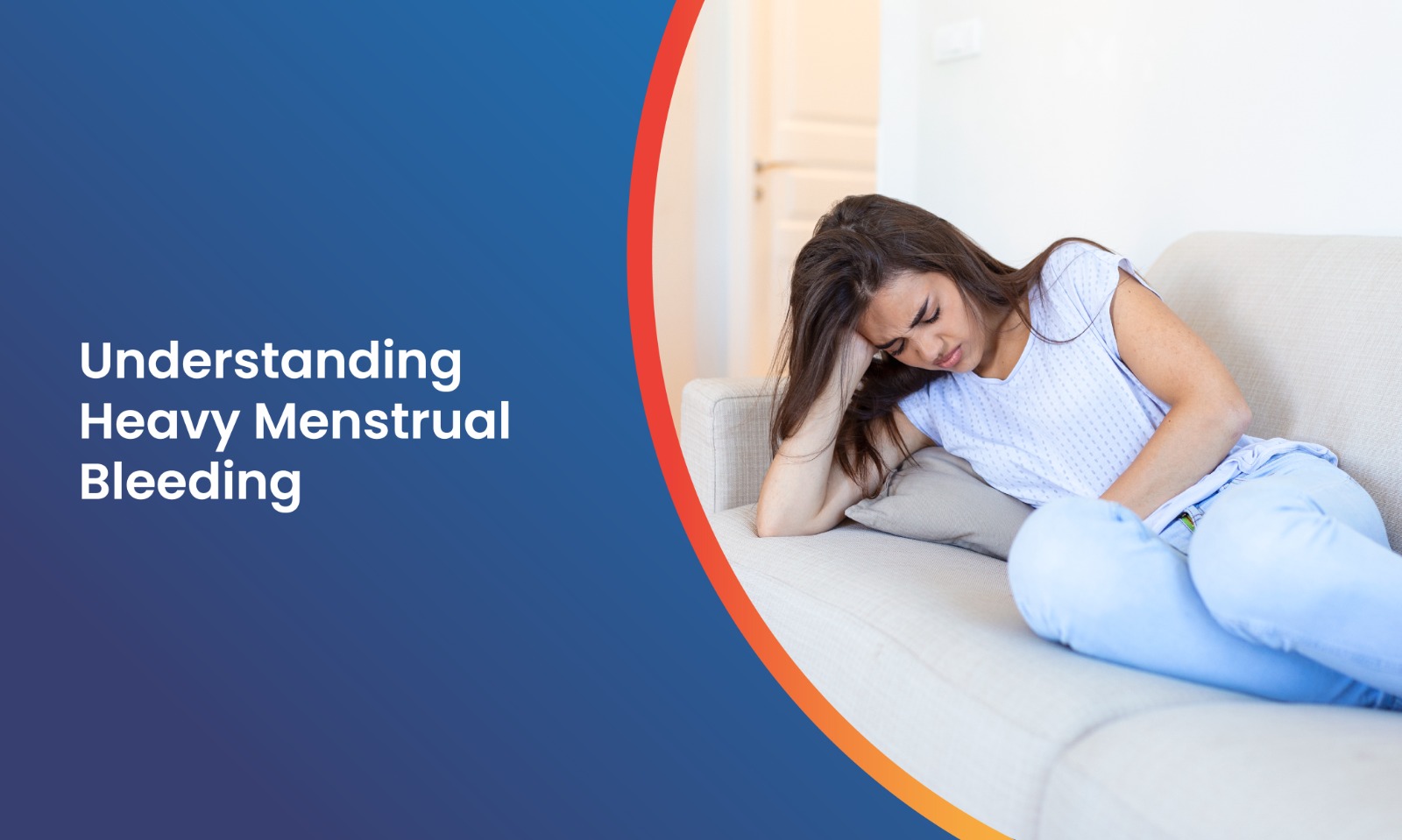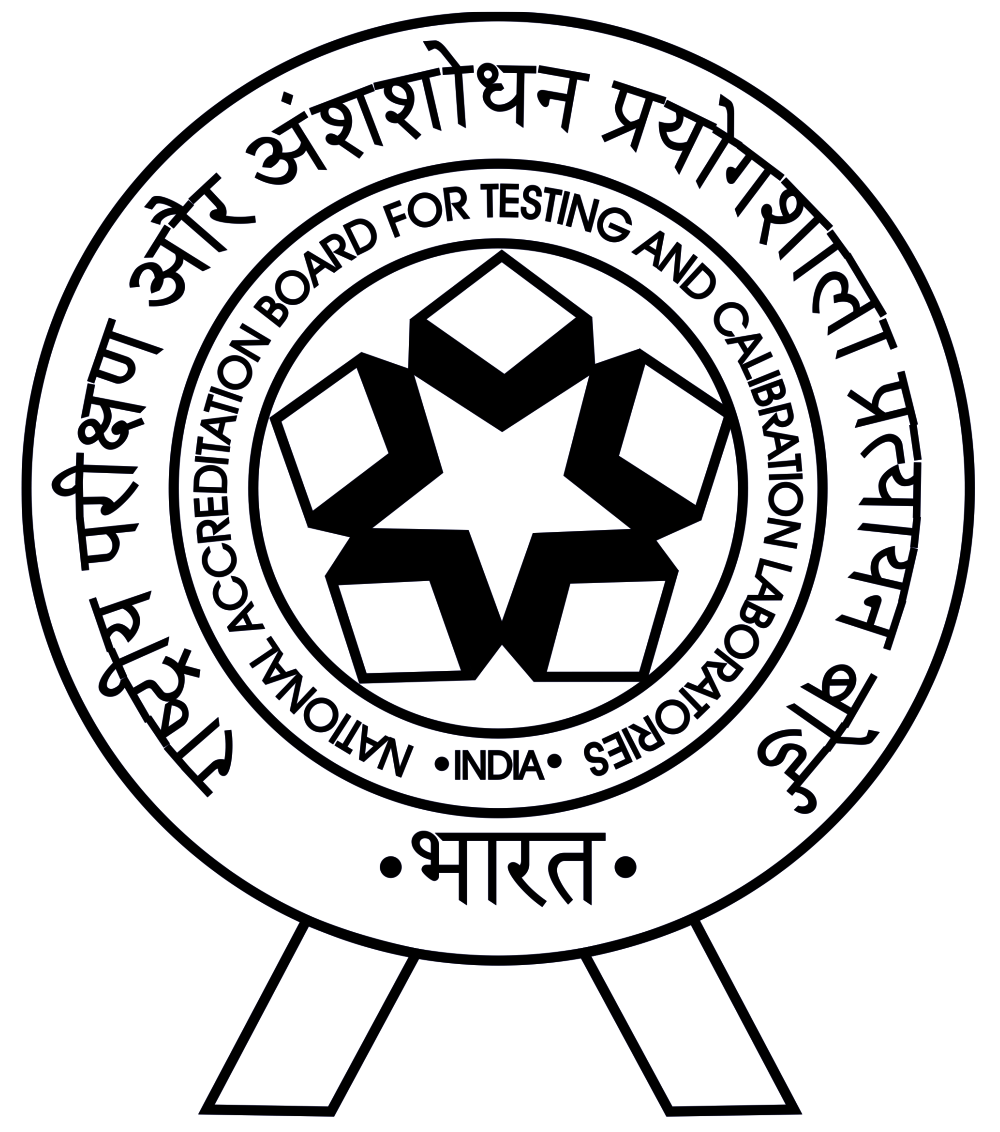Sinus Solutions: Understanding Causes, Symptoms, and Modern Treatment Options

Sinus Solutions: Understanding Causes, Symptoms, and Modern Treatment Options
Sinus problems are a common health complaint, often causing discomfort, congestion, and a reduced quality of life for millions worldwide. These issues can strike at any age and are frequently triggered by infections, allergies, or structural concerns within the nasal passages. Understanding the causes, symptoms, and treatment options for sinus problems is essential for effective relief and long-term prevention.
Despite their prevalence, sinus issues are often misunderstood, leading to delayed diagnosis and improper management that can prolong suffering. Recognizing the warning signs, knowing when to seek help, and understanding the latest treatment options can make a significant difference. This comprehensive guide explores everything you need to know about sinus problems, empowering you to breathe easier and live healthier.
Table of Contents
- What Are Sinus Problems?
- Common Causes of Sinus Issues
- Recognizing Sinus Symptoms
- Types of Sinusitis: Acute vs. Chronic
- Diagnosis and When to Seek Medical Help
- Medical Treatment Options
- Home Remedies and Lifestyle Strategies
- Prevention Tips for Healthy Sinuses
- FAQs
What Are Sinus Problems?
Sinus problems refer to any condition that affects the sinuses—air-filled spaces within the bones of your face and skull. These cavities are lined with mucous membranes and play a crucial role in filtering, humidifying, and warming the air you breathe. When the sinuses become inflamed or blocked, it can lead to pain, pressure, and a host of other symptoms that impact daily life.
- Sinus issues can be acute (short-term) or chronic (long-lasting and recurring).
- The most common sinus problem is sinusitis, an inflammation of the sinus lining.
- Sinus problems may result from infections, allergies, or structural abnormalities.
- Symptoms often overlap with those of allergies and colds, making diagnosis challenging.
- Sinus problems can affect both children and adults, sometimes requiring different approaches for each group.
- Left untreated, chronic sinus issues can lead to complications such as infections or reduced sense of smell.
Common Causes of Sinus Issues
Sinus problems develop when the normal drainage of mucus is disrupted, leading to inflammation and infection. Multiple factors can contribute to this disruption, ranging from infections to environmental triggers and anatomical differences.
- Viral infections, such as the common cold, are the leading cause of acute sinusitis.
- Bacterial infections may develop following a viral illness or when mucus becomes trapped.
- Allergies, including hay fever and reactions to dust, pollen, or pet dander, can inflame sinus tissues.
- Structural issues like a deviated septum, nasal polyps, or enlarged adenoids can block sinus drainage.
- Environmental irritants, such as smoke, pollution, or strong odours, may trigger or worsen sinus symptoms.
- Dental infections, swimming, diving, or trauma to the nose can also lead to sinus problems.
Recognizing Sinus Symptoms
Sinus problems can present with a variety of symptoms, some of which mimic those of a cold or allergy attack. Recognizing these signs early can help you seek timely treatment and avoid complications.
- Nasal congestion or a stuffy, blocked nose that makes breathing difficult.
- Thick, discoloured nasal discharge (yellow or green) or postnasal drip.
- Facial pain, pressure, or tenderness, especially around the eyes, cheeks, or forehead.
- Headaches that worsen when bending over or lying down.
- Reduced sense of smell and taste, sometimes accompanied by bad breath.
- Additional symptoms may include cough, sore throat, ear pain, fatigue, or mild fever.
Types of Sinusitis: Acute vs. Chronic
Sinusitis is classified based on the duration and frequency of symptoms, as well as the underlying cause. Understanding the differences between acute and chronic sinusitis is key to choosing the right treatment and management plan.
- Acute sinusitis: Symptoms last less than four weeks, often following a cold or upper respiratory infection.
- Subacute sinusitis: Symptoms persist between four and twelve weeks.
- Chronic sinusitis: Symptoms last for more than twelve weeks, often with repeated flare-ups.
- Recurrent sinusitis: Four or more episodes of acute sinusitis within a year, with symptom-free intervals.
- Acute cases are usually viral, while chronic cases may involve ongoing inflammation, allergies, or structural issues.
- Chronic sinusitis can significantly impact quality of life and may require specialized care.
Diagnosis and When to Seek Medical Help
Diagnosing sinus problems involves a combination of medical history, physical examination, and sometimes imaging or laboratory tests. Knowing when to seek professional help can prevent complications and speed up recovery.
- A healthcare provider will ask about your symptoms, duration, and any previous sinus issues.
- Physical examination may include checking for facial tenderness, nasal congestion, or discharge.
- Imaging tests, such as CT scans, may be used for chronic or complicated cases.
- Laboratory tests can help identify bacterial or fungal infections if symptoms are severe or persistent.
- Seek medical help if symptoms last more than ten days, worsen after initial improvement, or are accompanied by high fever, vision changes, or severe headache.
- Early intervention is especially important for children, those with weakened immune systems, or anyone with recurrent sinus problems.
Medical Treatment Options
Treatment for sinus problems depends on the underlying cause, severity, and duration of symptoms. Most cases can be managed with medications and supportive care, but some may require surgical intervention.
- Decongestants: Reduce swelling in the nasal passages, easing congestion and improving drainage (use short-term only).
- Nasal corticosteroids: Prescription sprays that reduce inflammation and swelling, especially helpful in chronic cases or with nasal polyps.
- Antibiotics: Prescribed for bacterial sinus infections that last longer than ten days or worsen after initial improvement (not effective for viral infections).
- Antihistamines: Help manage allergy-related sinus issues by blocking inflammatory responses.
- Mucolytics: Medications that thin mucus, making it easier to drain from the sinuses.
- Surgery: Considered for chronic or recurrent cases that do not respond to other treatments, or to correct structural problems like polyps or a deviated septum.
Home Remedies and Lifestyle Strategies
Many sinus problems can be managed or prevented with simple home remedies and healthy habits. These approaches are often used alongside medical treatments to enhance recovery and provide symptom relief.
- Nasal saline rinses: Use a Neti pot or saline spray to flush out mucus and allergens from the nasal passages.
- Steam inhalation: Breathing in steam from a bowl of hot water or a warm shower can help loosen mucus and relieve congestion.
- Warm compresses: Applying a warm, damp cloth to the face can reduce pain and pressure in the sinuses.
- Stay hydrated: Drinking plenty of fluids helps thin mucus and promotes drainage.
- Use a humidifier: Adding moisture to the air can prevent nasal passages from drying out and becoming irritated.
- Rest and avoid irritants: Get adequate sleep and avoid cigarette smoke, strong odours, and other environmental triggers.
Prevention Tips for Healthy Sinuses
Preventing sinus problems is possible with a combination of good hygiene, allergy management, and awareness of environmental factors. These strategies can help reduce your risk of developing sinusitis and other related issues.
- Wash your hands frequently to prevent the spread of viruses and bacteria.
- Manage allergies with appropriate medications and by minimizing exposure to known triggers.
- Avoid smoking and exposure to secondhand smoke, which can irritate and inflame the sinuses.
- Keep your home clean and free of dust, mold, and pet dander.
- Use a humidifier during dry seasons to maintain optimal moisture levels in the air.
- Seek prompt treatment for colds, allergies, or dental infections to prevent complications.
FAQs
Q1: What is the difference between a sinus infection and a cold?
A virus usually causes a cold and affects the nose and throat, while a sinus infection (sinusitis) involves inflammation and swelling in the sinuses, often with facial pain and thick mucus.
Q2: When should I see a doctor for sinus problems?
See a doctor if symptoms last more than ten days, worsen after initial improvement, or are accompanied by high fever, vision changes, or severe headache.
Q3: Can allergies cause sinus problems?
Yes, allergies are a common trigger for sinus inflammation and can lead to both acute and chronic sinusitis.
Q4: Are antibiotics always needed for sinus infections?
No, most sinus infections are viral and typically resolve without the need for antibiotics. Antibiotics are only needed for confirmed or suspected bacterial infections.
Q5: What are the risks of untreated chronic sinusitis?
Untreated chronic sinusitis can lead to complications, such as persistent infections, a reduced sense of smell, or, rarely, the spread of infection to nearby parts
Q6: Is sinus surgery safe and effective?
Sinus surgery is generally safe and reserved for cases that do not respond to other treatments. It can correct structural problems and improve drainage, reducing the frequency and severity of sinus infections.














